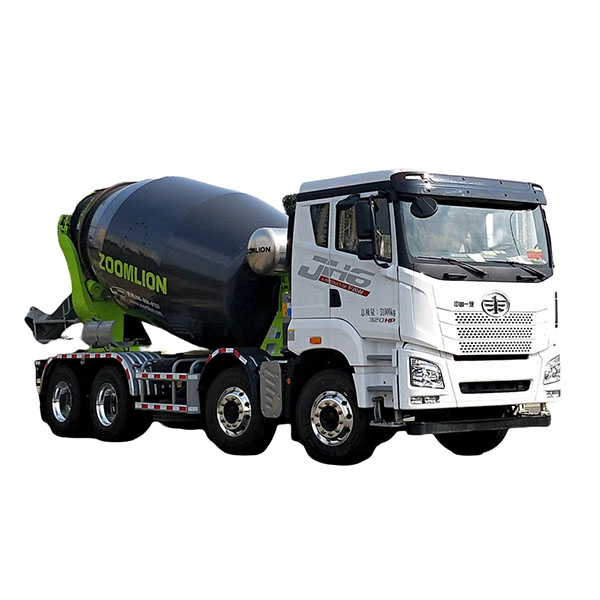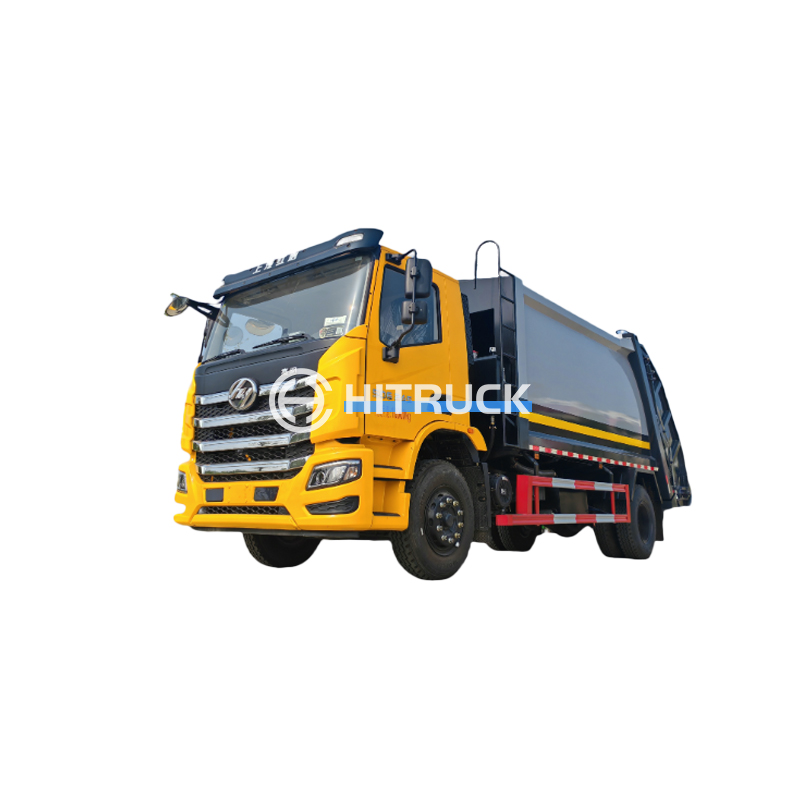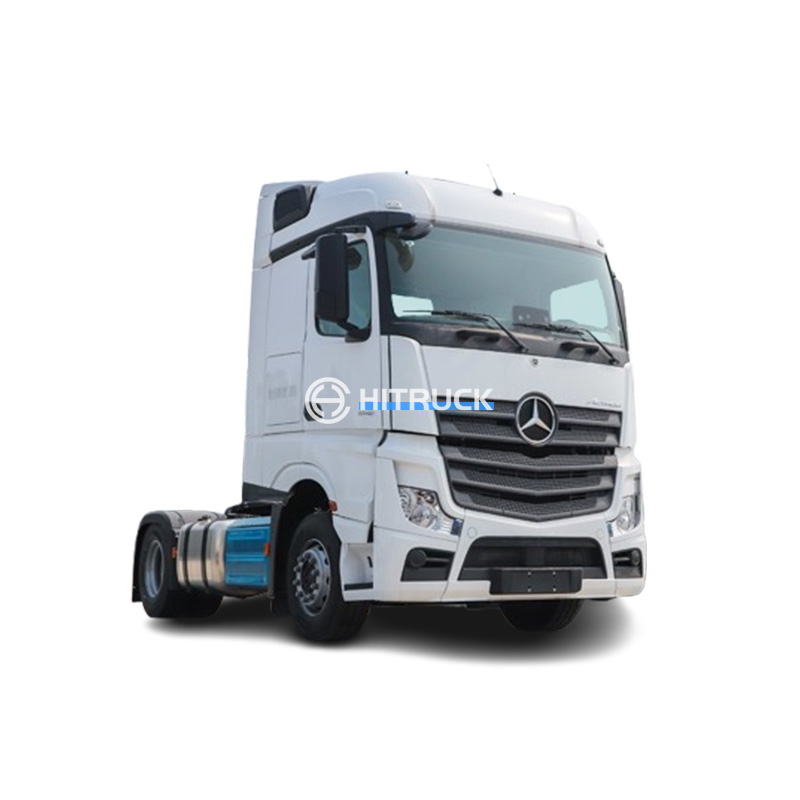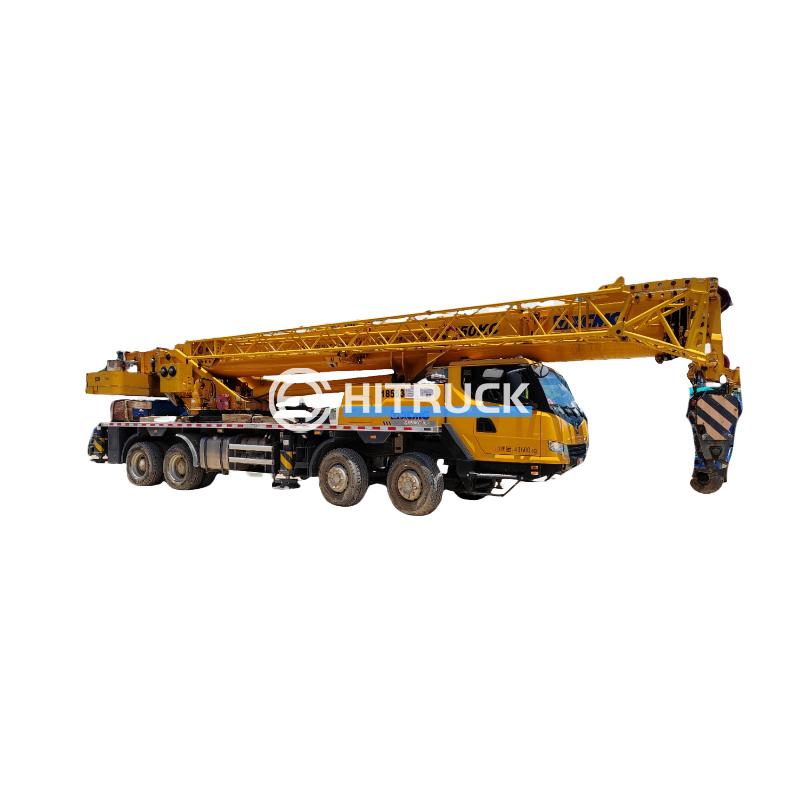Pump Mixer Truck: A Comprehensive GuideThis guide provides a detailed overview of pump mixer trucks, covering their functionalities, types, applications, and key considerations for purchase and operation. We'll explore the different features, benefits, and drawbacks to help you make informed decisions.
Understanding Pump Mixer Trucks
A
pump mixer truck, also known as a concrete pump truck, combines the functions of a concrete mixer and a concrete pump. This versatile machine mixes and delivers concrete directly to the point of placement, eliminating the need for separate mixing and pumping equipment. This significantly improves efficiency and reduces labor costs on construction sites. They are indispensable for various construction projects, from large-scale infrastructure developments to smaller residential builds.
Types of Pump Mixer Trucks
Pump mixer trucks come in various sizes and configurations, catering to different project needs. The primary distinction is based on the pumping system: Boom Pump Mixer Trucks: These trucks feature a telescopic boom that allows for precise concrete placement in hard-to-reach areas. Boom length varies considerably, impacting reach and maneuverability. Longer booms offer greater flexibility, but come with a higher price tag and reduced maneuverability in tight spaces. Line Pump Mixer Trucks: These utilize a pumping line directly connected to the truck's mixer, offering a simpler, more compact design. They are typically suitable for smaller projects and areas with easier access.
Key Features and Specifications
Choosing the right
pump mixer truck involves considering several key specifications: Pumping Capacity: Measured in cubic meters per hour (m3/h), this indicates the volume of concrete the truck can pump within a given time frame. Boom Length (for boom pumps): This determines the reach of the concrete placement. Mixer Capacity: The volume of concrete the mixer drum can hold, impacting the number of batches required for larger projects. Engine Power: Affects the overall performance and efficiency of the truck. Chassis Type: Influences maneuverability and stability.
Advantages and Disadvantages
| Feature | Advantages | Disadvantages |
| Efficiency | Reduces labor costs and time spent on concrete placement. | Initial investment cost can be high. |
| Versatility | Suitable for various construction projects and site conditions. | Requires skilled operators for safe and efficient operation. |
| Reach | Boom pumps can reach difficult-to-access areas. | Larger boom pumps can be less maneuverable in tight spaces. |
Choosing the Right Pump Mixer Truck
Selecting the appropriate
pump mixer truck necessitates careful consideration of the project's specific requirements. Factors such as project size, site accessibility, concrete placement needs, and budget all play crucial roles in this decision. Consulting with experienced construction professionals or equipment suppliers is highly recommended.
Maintenance and Operation
Regular maintenance is crucial to ensure the longevity and optimal performance of your
pump mixer truck. This includes regular inspections, timely servicing, and the use of high-quality lubricants and parts. Proper operator training is also essential for safe and efficient operation.
Where to Find Pump Mixer Trucks
For a wide selection of high-quality
pump mixer trucks, explore options from reputable suppliers. Consider visiting
Suizhou Haicang Automobile sales Co., LTD to explore their inventory and offerings. They provide a diverse range of options to meet the needs of various construction projects.Remember, the selection of a
pump mixer truck is a significant investment. Thorough research, careful consideration of your specific needs, and consultation with experts are key to making an informed decision that optimizes efficiency and profitability for your construction projects.












